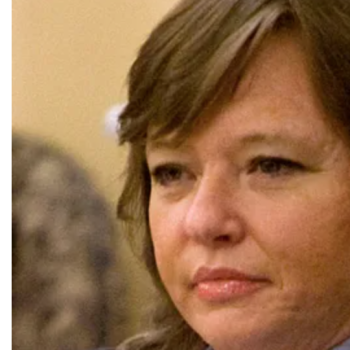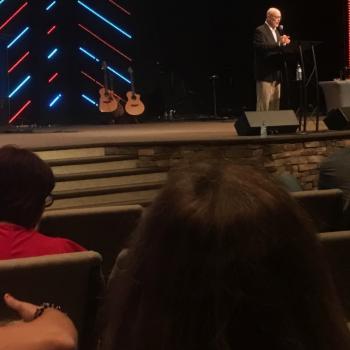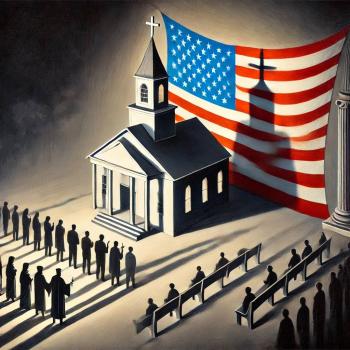I was actually thrilled when he walked into the room with them. I was recording everything with a covert camera and knew that I had just gathered the kind of evidence that was necessary to send the pimp to jail and to facilitate the rescue of the children concerned. My training and experience ensured that I was able to keep the necessary façade going in order to gather the right evidence. It was only later back at my hotel that I wept.
What one or two stories from your work especially stand out for you?
I spent three days in another factory-style brothel in Southeast Asia where all of the women there were being held in captivity, having been lured there from surrounding countries with promises of legitimate employment. After I had purchased time with them and was taken to a back room, once they sensed that I may be able to help them, they began sobbing and pleading with me to rescue them and to contact their families to tell them they were alive and to let them know where they were. It was very distressing to see them in such a helpless situation and it only made me more determined to get them out.
The second story that sticks in my mind is walking into a brothel and having women from Thailand, the Philippines, Latin America and China ordered to line up in front of me. These women were also in slavery and were unable to leave until their debts had been paid. The amazing thing for me was that this brothel was in suburban Las Vegas, Nevada, in the United States of America.
What was the most difficult thing about your work?
When we had collected all of the necessary evidence and were ready to act but corrupt officials tipped off the bad guys and when we got there, the women and children were gone and I returned home knowing they were still out there in the rape-for-profit industry.
You lived constantly within the shadow of the twin dangers of violence and strong sexual temptation. How did this affect your spiritual life during those years?
It made me cling to God and pray, knowing my life depended on it.
And yet you did experience a heavy toll on your personal life as result of doing this work. Can you say a bit about that?
Yes, ultimately the work destroyed me and my marriage.
Why did you feel it was important to share the very personal side of journey as part of this book?
I think it is important to be honest and authentic about it, because it gives others permission to be real about our weaknesses and our humanity and to together agree that we need not be defined by shame. It is also important moving forward that anyone engaged in this kind of work is properly cared for and only operates as part of a professional team. The evil that lies behind the enslavement of women and children is stronger than any one individual can overcome. But it is not stronger than the spirit of God who invades our lives and sends us out to invade the dark places and set others free.
One chapter of your book is titled simply: "Men." It speaks to the unique role men play in creating and feeding this industry. What do you hope to communicate to men about this issue? Do you expect to change their minds about anything with this book?
I don't expect to change the minds of those who prey on women and children. But I do hope to inspire and invite men to use their God given identity as defenders and protectors to rescue the weak and the vulnerable from oppression and slavery.
Reading this book is really hard—your stories of entering brothels and being offered 5- and 6 -year old girls, encountering "sex tourists" who feed this industry, stories of entire villages making their living off of selling their children to predators—it's almost surreal. How do you suggest making this issue "real" for people, so as to more actively engage folks in this issue?
The sad thing is that it is not surreal but very real for millions of people around the world every day. I cannot make it more real for anyone. If it seems surreal to them, then I suggest it is they who are living in a make believe world and it is they who should wake up and look out their window and venture into their very own towns and cities because it is everywhere, if they would only see it and act.
In your book, you are critical of the church's inaction on this issue and others like it. And you've said you hope this book inspires us to "do church different." Why do you feel this is the church's cause to adopt, and how do you see it leading us to a different way of being and doing church?
God makes it very clear that he hates injustice and slavery and that he calls his church to act on his behalf in a fallen world. Jesus came to set us free from everything that enslaves us, not just individual sin but literal slavery as well. The church is mandated, equipped and commanded to seek justice and that to know God necessarily means we are engaged in the fight to rescue the oppressed and combat slavery.





